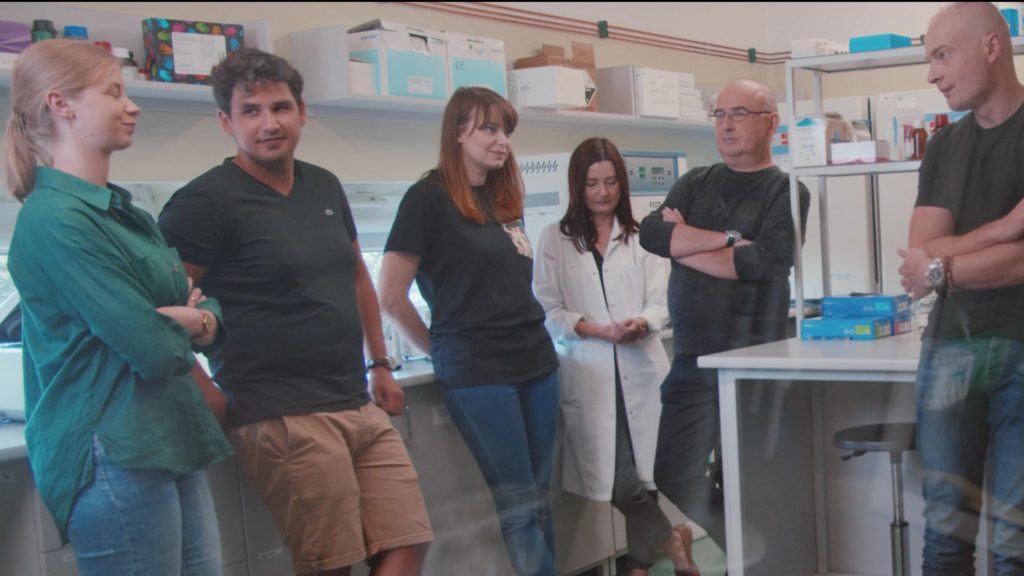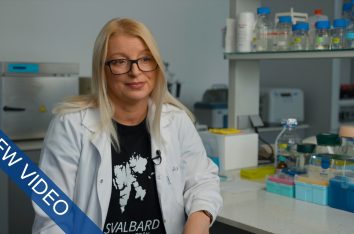Cardiovascular diseases are a significant social problem. The main tool used to diagnose them is electrocardiography – a non-invasive test, the recording of which provides doctors and scientists with information about the bioelectric activity of the heart.
Researchers of the Medical University of Gdańsk – Beata Graff, PhD and Prof. Krzysztof Narkiewicz – work together with researchers from Gdańsk University of Technology – Prof. Grzegorz Graff from the Faculty of Applied Physics and Mathematics and the University of Gdańsk – Prof. Danuta Makowiec from the Faculty of Mathematics, Physics and Information Technology, to optimise the data provided by ECG recordings. The research is interdisciplinary – due to the specific character of the issue only the cooperation of specialists from various fields can bring expected results.
To analyse heart rhythm, mathematicians can use entropy, which is one of the most advanced mathematical tools. It allows us to measure the complexity and unpredictability of the process. Entropy measures pathological changes and can assist cardiologists in the effective diagnosis of cardiovascular disease at its early stages. The calculation of entropy for ECG recording is a quick and simple method. It can be very helpful especially in those situations where there is little time to assess the patient’s condition. Physicians already use some auxiliary non-linear methods in clinical practice.






